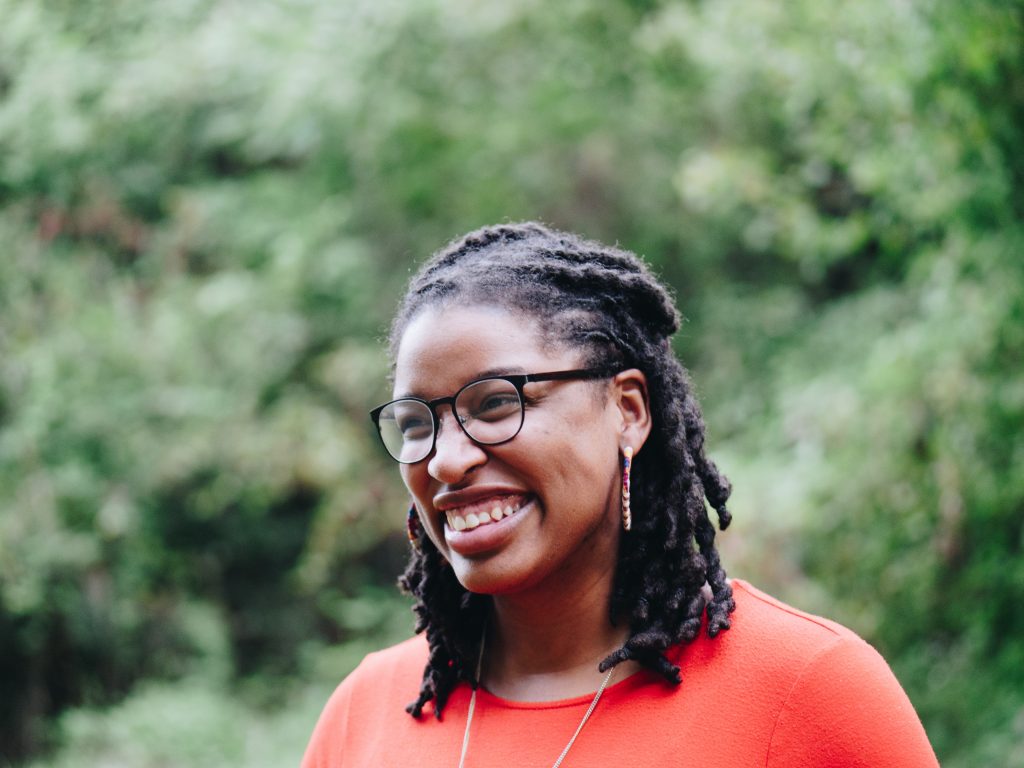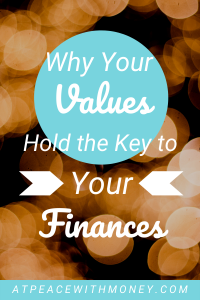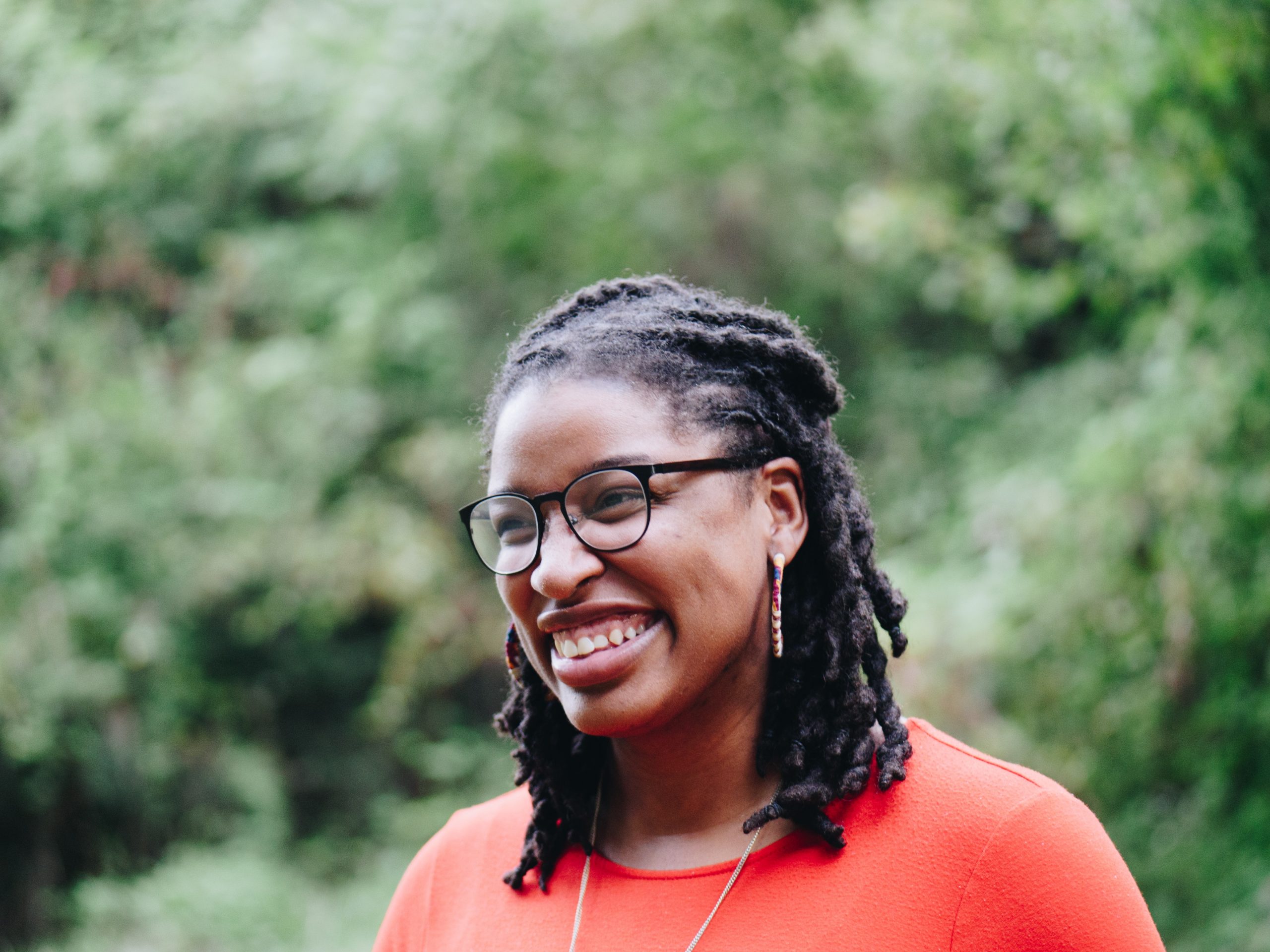The Key to Doing Money Well? It’s Your Values

It’s the New Year, and goals are on everyone’s mind. You might be thinking about a few potential financial goals. Perhaps you want to save more, pay down some debt, or spend less. All of these are honorable pursuits, but we need to make sure your goals get started off on the right foot. How do we do that? By getting clear on what you value in life.
Your values hold the key to setting meaningful financial goals and designing relevant money systems. In this blog post, I go over a couple different strategies for uncovering them.
Finding Enough
What exactly does “enough” mean in a financial context? Here’s the way I like to define it: it’s that point where you’re not over-spending, over-saving, or over-working. I love this quote from Vicki Robin and Joe Dominguez, the authors of Your Money or Your Life:
“Enough for our survival. Enough comforts. And even enough little “luxuries.” We have everything we need; there’s nothing extra to weigh us down, distract or distress us, nothing we’ve bought on time, have never used and are slaving to pay off. Enough is a fearless place. A trusting place. An honest and self-observant place. It’s appreciating and fully enjoying what money brings into your life and yet never purchasing anything that isn’t needed or wanted.”
Finding this point relies on adopting a mindset of sufficiency, as Lynne Twist write about in The Soul of Money. It means you need to assess what your needs and wants are, and identify those comforts and little luxuries.
Needs Vs. Wants
I’ve written about needs vs. wants before in terms of how defining both can be helpful for spending. You can read that article here. In this post, I want to share an exercise straight from Karen McCall, my mentor and author of Financial Recovery.
Karen advises to make a needs and wants list, by simply dividing a piece of paper in half and beginning to sort things onto either side of the page. “Let yourself envision items or experiences that seem to be missing from your life. These can be small things like new walking shoes or bigger experiences like sharing a trip to Hawaii with a friend or loved one.” She counsels that we don’t need to get too hung up on categorizing things perfectly, but should instead plan on coming back to the list to reflect and revise. Doing this process repeatedly brings a new level of clarity to our values and how we want to allocate our resources.

Leaving Room to Dream
In her wonderful book, 55, Underemployed, and Faking Normal, Elizabeth White asks us to consider what it would be like to “live a life not defined by things.” She suggests focusing on meeting our needs and wants creatively and inexpensively, an approach also suggested by Karen McCall. Within this framework, there is freedom to dream about what you want in your life and how to get it. Karen McCall talks about a similar phenomenon when she writes,
“As you develop an ability to meet your most essential needs, the noise and distraction created by a troubled relationship with money are quieted. Without the deafening noise of worry, obsession, fear, and deprivation, you’re able to hear and value that quiet voice inside that utters your deepest desires.”
As you find ways to bring the things you value most into your life, you may start to uncover more about yourself and your wishes. This is perfectly ok and I recommend leaving space for yourself to keep dreaming as you get in touch with your values.
I also love doing this work with clients! If you’d like to work with a guide through this process, schedule a free Financial Self Care Consultation to see if financial coaching is right for you.
Angela
Photo by Eye for Ebony







 A couple pointers for inspiration: if you feel like you’re not getting paid enough, check out my article on
A couple pointers for inspiration: if you feel like you’re not getting paid enough, check out my article on